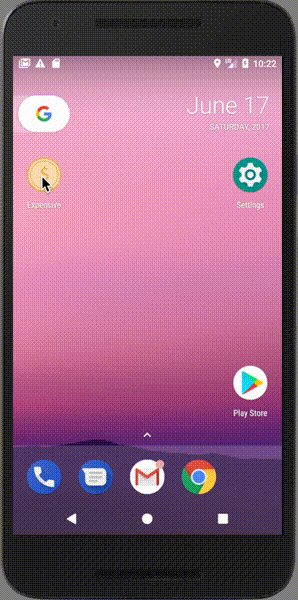OpenYOLO for Android is a protocol for storing, updating and assisting in the creation of user credentials apps. It can be used to assist in the sign-in and sign-up process for Android apps, and queries can be responded to by any installed credential provider on the device.
This repository contains the reference implementation of the OpenYOLO protocol, and the standard API and Service Provider Interface (SPI).
OpenYOLO has reached beta production ready stage and can be integrated into production applications. The following credential providers include production implementations of OpenYOLO:
 |
 |
 |
 |
|---|---|---|---|
| 1Password | Dashlane | Google Smart Lock | LastPass |
The OpenYOLO for Android specification can be found here. This is currently under review as an implementor's draft by the Account Chooser and OpenYOLO Working Group, with the goal for it to reach final specification status in the near future.
The client library for the OpenYOLO for Android protocol lives in the api directory. It allows
you to easily manipulate credentials for your application by interacting with the credential
provider of the user's choice. This allows you to:
- Automatically sign users into your app using saved credentials.
- Rapidly on-board new users by bootstrapping off of existing identities.
- Prompt users after sign-in/sign up to save their credentials for future automatic sign in.
A getting started guide has not been written for credential providers. In its absence the protocol's specification as well as several sample implementations are good alternatives.


